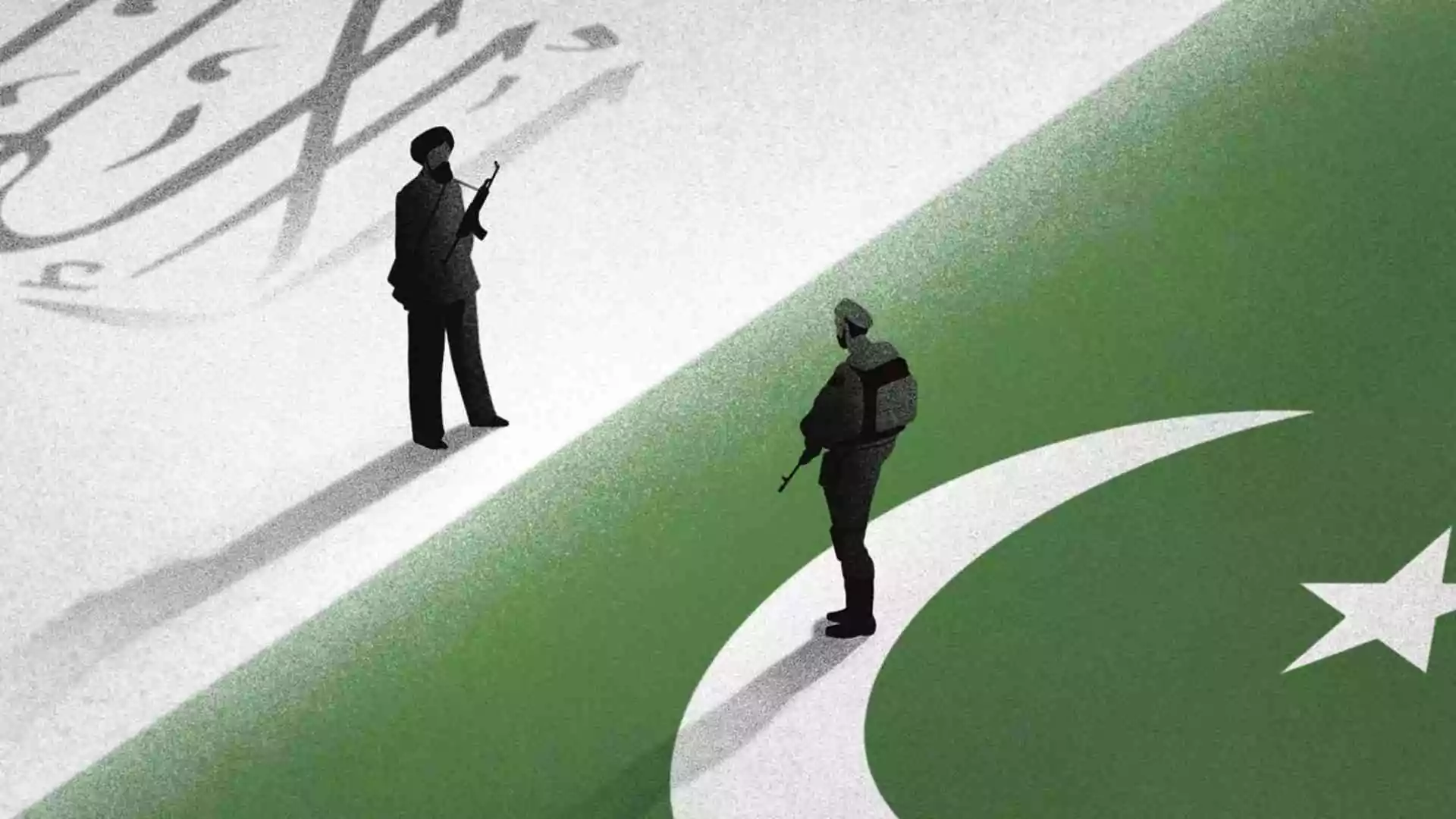For decades, Pakistan has faced serious accusations of sheltering and promoting terrorism across the world. From high-profile attacks in India and Afghanistan to terror links in Russia, Iran, and the United Kingdom, the evidence suggests that Pakistan’s intelligence network and military establishment have played a key role in nurturing extremist groups. Despite international condemnation and repeated denials, a pattern of state complicity has emerged—pointing to a deeply rooted nexus between Pakistan’s institutions and global terror outfits.
Nawaz Sharif and Musharraf’s Startling Confessions
In a rare and revealing moment in 2018, former Pakistani Prime Minister Nawaz Sharif openly hinted at his country’s involvement in the 2008 Mumbai terror attacks. The deadly operation was carried out by Lashkar-e-Taiba (LeT), an Islamist group based in Pakistan.
Adding to that, former military ruler Pervez Musharraf once admitted that militant groups had been trained to target Indian forces in Kashmir. “The government turned a blind eye,” he said, justifying it as a way to pressure India into peace talks and to highlight the Kashmir issue internationally.
More recently, Pakistan’s own Defence Minister, Khawaja Muhammad Asif, also conceded that the country had backed extremist outfits for more than thirty years. He described it as a policy failure closely tied to foreign decisions, especially during the U.S.-led war in Afghanistan.
Afghanistan: A Deadly Proxy War
One of the most damaging accusations comes from Afghanistan. The Inter-Services Intelligence (ISI)—Pakistan’s powerful intelligence agency—has long been accused of backing the Afghan Taliban and the notorious Haqqani Network. These groups are known for their brutal attacks on civilians, Afghan forces, and international troops.
The 2008 bombing of the Indian Embassy in Kabul and the 2011 assault on the U.S. Embassy were linked directly to these groups. According to journalist Carlotta Gall, “The embassy bombing was no operation by rogue ISI agents acting on their own. It was sanctioned and monitored by the most senior officials in Pakistani intelligence.”
Moscow Concert Hall Attack: A New Link Emerges
In a recent development from April 2025, a potential Pakistani connection has surfaced in the deadly Moscow concert hall attack. Russian investigators identified the mastermind as a Tajik national but are also examining reports that point toward support from Pakistani networks—whether logistical, ideological, or both.
Tensions with Iran: Missiles Fired Over Terror Safe Havens
Pakistan’s terror involvement isn’t limited to its western neighbors. Iran, too, has blamed Pakistan for sheltering Sunni extremist groups like Jaish ul-Adl, which has launched numerous attacks inside Iran’s Sistan and Baluchestan province.
In January 2024, Iran retaliated with missile and drone strikes targeting alleged Jaish ul-Adl hideouts inside Pakistan’s Balochistan province. Tehran has consistently accused Islamabad of harboring militants who cross the border to carry out terror strikes.
2005 London Bombings: A Pakistan Connection
Even Europe hasn’t been spared. Three of the four suicide bombers who killed 52 people in the July 2005 London bombings had visited Pakistan in the years before the attack. Mohammad Sidique Khan, Shehzad Tanweer, and Germaine Lindsay reportedly underwent indoctrination and training while in Pakistan.
Osama bin Laden’s Secret Life in Abbottabad
Perhaps the most damning example came in 2011, when U.S. Navy SEALs killed Osama bin Laden—the world’s most wanted terrorist—in Abbottabad, Pakistan. Shockingly, his compound was just a short distance from Pakistan’s prestigious Military Academy. The fact that bin Laden could live undetected for years raised deep suspicions of complicity or willful ignorance by the ISI.
Bangladesh: ISI’s Secret Hand in JMB Operations
In Bangladesh, Pakistan’s intelligence agency has been linked to the banned extremist outfit Jamaat-ul-Mujahideen Bangladesh (JMB). This group was behind the 2016 Gulshan café attack in Dhaka, where 20 hostages were killed.
In 2015, Bangladeshi authorities expelled Pakistani diplomats after catching them red-handed transferring funds to JMB members. A 2020 intelligence report further revealed that ISI had trained around 40 Rohingya refugees in the Cox’s Bazar camps. The plan was to send them into India for subversive missions.
The report described how JMB’s funding came through Gulf-based NGOs and intermediaries tied to Pakistan, with sleeper cells reportedly active in Indian states like West Bengal and Kerala.
Terror Training Camps Across Pakistan
Behind all the official denials lies a troubling reality. Pakistan continues to host numerous terror camps across provinces like Punjab, Khyber Pakhtunkhwa, Waziristan, and Pakistan-occupied Kashmir. These camps are run by groups such as Lashkar-e-Taiba, Jaish-e-Mohammed, Hizbul Mujahideen, and even international outfits like ISIS-Khorasan.
These camps provide training in weapons use, indoctrination, and suicide bombing techniques. Many ex-Pakistani army officials are believed to assist in the training process, giving the operations a lethal edge.
International Reports Confirm Safe Haven Status
The U.S. State Department’s 2019 Country Reports on Terrorism described Pakistan as a “safe haven for certain regionally focused terrorist groups.” This echoed earlier warnings from Western intelligence agencies about the country’s unwillingness to dismantle terror infrastructure within its borders.
A report by the European Foundation for South Asian Studies titled Pakistan Army and Terrorism: An Unholy Alliance highlighted a strong relationship between Pakistan’s military, ISI, and radical clerics.
Brigadier’s Shocking Admission on Funding Terror
In a rare moment of televised honesty in 2019, Brigadier Shah made a public admission on Pakistani news channel Hum News. Speaking to journalist Nadeem Malik, he revealed that Pakistan had spent millions on Jamaat-ud-Dawa (JuD)—a group linked to terrorism—in an attempt to “mainstream” them.
Former President Musharraf also openly stated that Kashmiris were “trained in Pakistan” to fight as mujahideen. He called global jihadi leaders like Osama bin Laden, Ayman al-Zawahiri, and Jalaluddin Haqqani “heroes.”






















